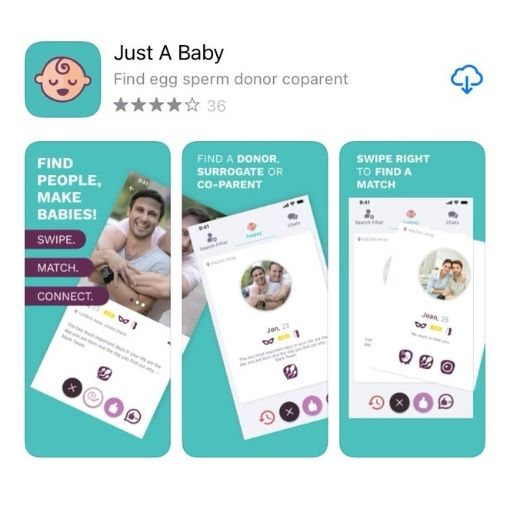June is pride month and a chance to celebrate everything LGBT. The desire to become a parent knows no boundaries, so whether you identify as gay or transgender and are in a same-sex relationship, you have many options to start a family! You may find that the journey to parenthood might be a little more complicated than the traditional idea of creating a family, but there are many viable options. This article will explore the various paths for LGBT individuals and couples to have a baby.


Options to become a parent if you are LGBT
There are many ways to create a family. If you long for a baby that is genetically yours, you might choose to undergo fertility treatment such as IUI (Artificial insemination) IVF or by using a surrogate with or without a donor egg.
Alternatively, you can decide to adopt or co-parent with another person you are not in a relationship with. You could also consider foster care. Each option comes with its own set of challenges. There is no right or wrong way to become a parent. How to do it is a deeply personal choice. Below we will explore the options available for LGBT couples that want a baby that is genetically theirs.
Getting pregnant with donor insemination
Sperm donation and IUI (artificial insemination) or IVF are among the most popular ways for LGBT couples to conceive when they want to have a child that shares their blood and genes. Today couples have many options available to find a suitable sperm donor to undergo fertility treatments.
To find a donor, you can attend a fertility clinic where all donors are screened. Alternatively, you can opt to find a private donor. This can be someone you know personally, such as a friend, colleague, or family member. This option is more suited to couples and individuals who want to know who the biological father is and allows for later contact if agreed upon.
There are also websites that can help you find a suitable private donor if you prefer someone a little less close to home.
Whatever option you choose, it’s best to seek legal advice before committing and discuss the conditions, level of contact, and custody concerns.
Co-parenting
Another option to becoming a parent is co-parenting. Instead of making a baby with your chosen sperm donor, the mother(s) pair up with a male single or a couple (same-sex or opposite-sex) to conceive and raise the child together. They are not involved romantically and usually don’t live together.
Rather than having sexual intercourse to conceive, co-parents often prefer to perform artificial insemination (at-home insemination or IUI) or IVF to conceive. The man (or one of the male partners if a gay couple is involved) donates his sperm to a fertility clinic, or directly to the woman, for home insemination.
Because they are co-parenting, the mother or mothers won’t have full custody of any child conceived. So the couples or individuals should work out an arrangement for parenting the child. They need to agree on issues such as custody, financial concerns, pregnancy and raising their child. It’s recommended that co-parents obtain legal advice before committing to anything. This to ensure everyone’s needs and the childs are met and respected.
Reciprocal IVF
Reciprocal IVF has gained popularity over the past few years. This process physically involves both mothers in the conception process. It involves one woman providing her eggs. These are then fertilised with donor sperm, and the other mother carries the baby to term and gives birth.
The actual fertility treatment process is the same as standard IVF. However, once you find a sperm donor and obtain a sample, the two women will need to synchronise their menstrual cycles. Usually by taking birth control pills to start fertility treatment.
Conclusion
If you are an LGBT individual or couple looking to start your own family and have a baby who is genetically yours, you have many options. The UK is one of the most advanced countries when it comes to same-sex parenthood. If you are considering IVF treatment, don’t forget to check out our ultimate guide, which covers everything you need to know.




